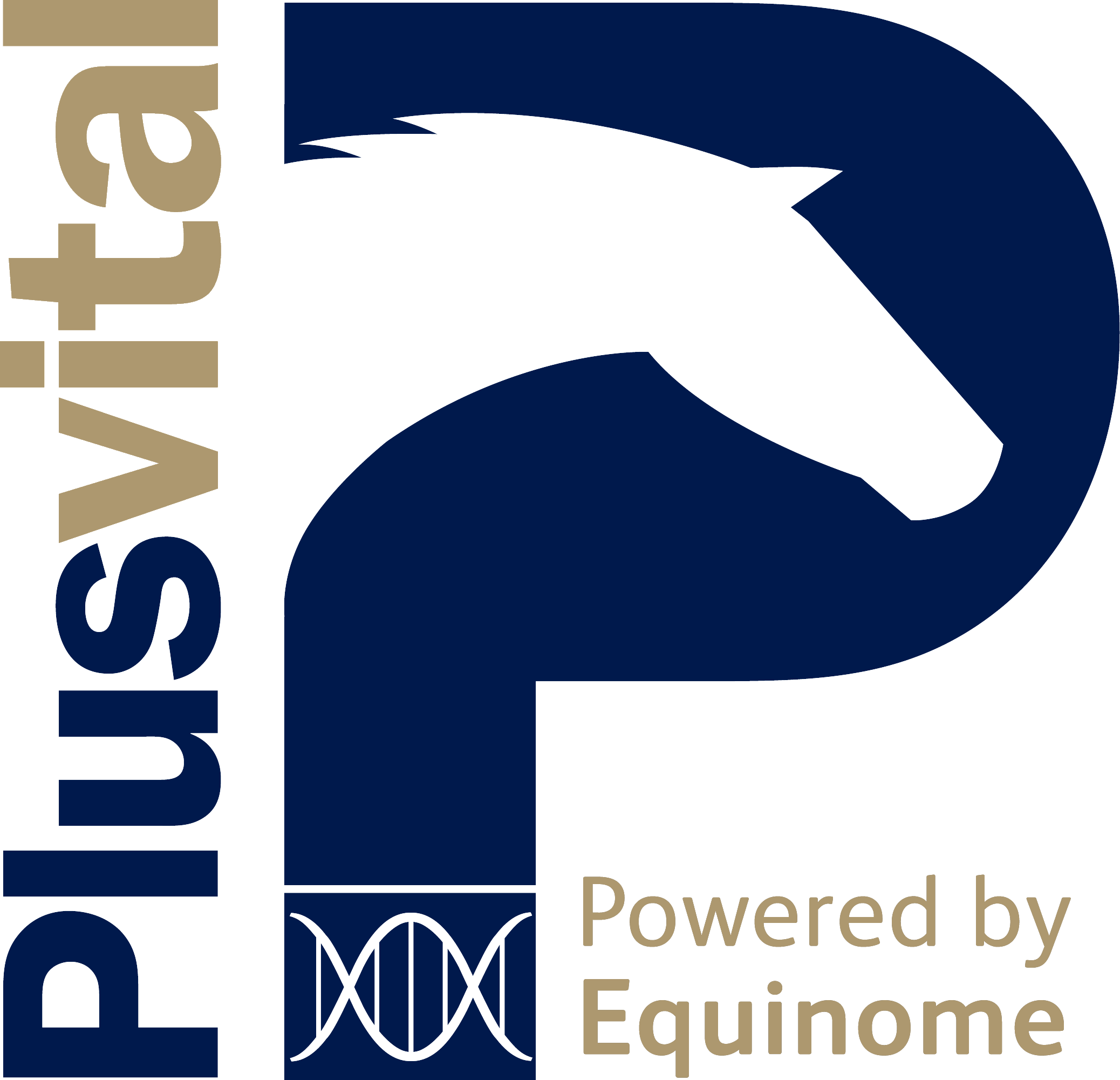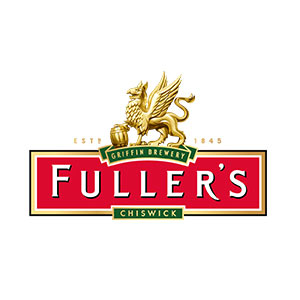British racing can take some pride in the fact that it plays a central role in the calendar for betting companies, UK-based or otherwise. And among the top 10 most wagered races, Jumps events dominate, led by the Randox Health Grand National and races at the Cheltenham Festival. In other recognized racing territories, betting on racing is a sideshow, as any German racing administrator would testify, except in Australia, where a bet on Melbourne Cup is a rite of passage in November.
Yet racing's relationship with betting is an uneasy one. Promoters aspire to generate betting turnover on their events as a vehicle to publicize them, but would prefer for sponsoring brands to be premium luxury brands. Ascot's King George VI & Queen Elizabeth Stakes has lost at least some of its identity for the withdrawal of De Beers and its aspirational Diamond moniker.
Yet Jump racing is dominated by betting brands to the exclusion of others. It is difficult to refute outsiders who say, "Well, it's all about betting," when 3 of the top four races at the Festival and most of the major televised events carry bookmaker titles.
But there is one area of the sport where betting does not dominate: Point-to-Point racing.
The growth of premium and aspirational brands in the Point-to-Point sector should be very reassuring to the sport's administrators, and presents an example for professional racecourses to follow. In recent years, brands like Subaru, Volvo, AGA and Dubarry have supported the sport, committing finance and value in kind to engaging with a more focused rurally based demographic of land and home owners than you might find on a licensed racecourse. The confined are of a small Point-to-Point racecourse allows brands to communicate more freely and with less wastage than at the bigger events, and the amateur ethos also plays a role in allowing brands to support up and coming talent.
Some of the larger events, including those at Barbury, have won considerable sponsorship from a plethora of premium brands with local and regional presence. In several instances, these have even been a target for neighbour professional racecourses to upsell sponsor clients. Who'd have thought that Pointing would show its seniors a way to grow?
Should Point-to-Point racing adapt to make itself more attractive to betting brands? At present, with a limited on-course only market, the sport is able to create true points of difference to its bigger professional cousin by refuting the argument that the sport is led by betting. That said, the sport is followed by folk who enjoy backing their judgement with a wager. Fixture secretaries ought to be thinking how to capitalize on this more than merely through the dwindling number of bookmakers prepared to attend.
The betting market has altered beyond recognition in 20 years as the internet has become not just mainstream, but indispensable to contemporary working practices. Point-to-Point racing needs to recognize this in order to capitalize on its fair share of the betting take without losing its identity as a unique proposition in British rural life. There's an opportunity here for the sport and betting brands to pick up.







